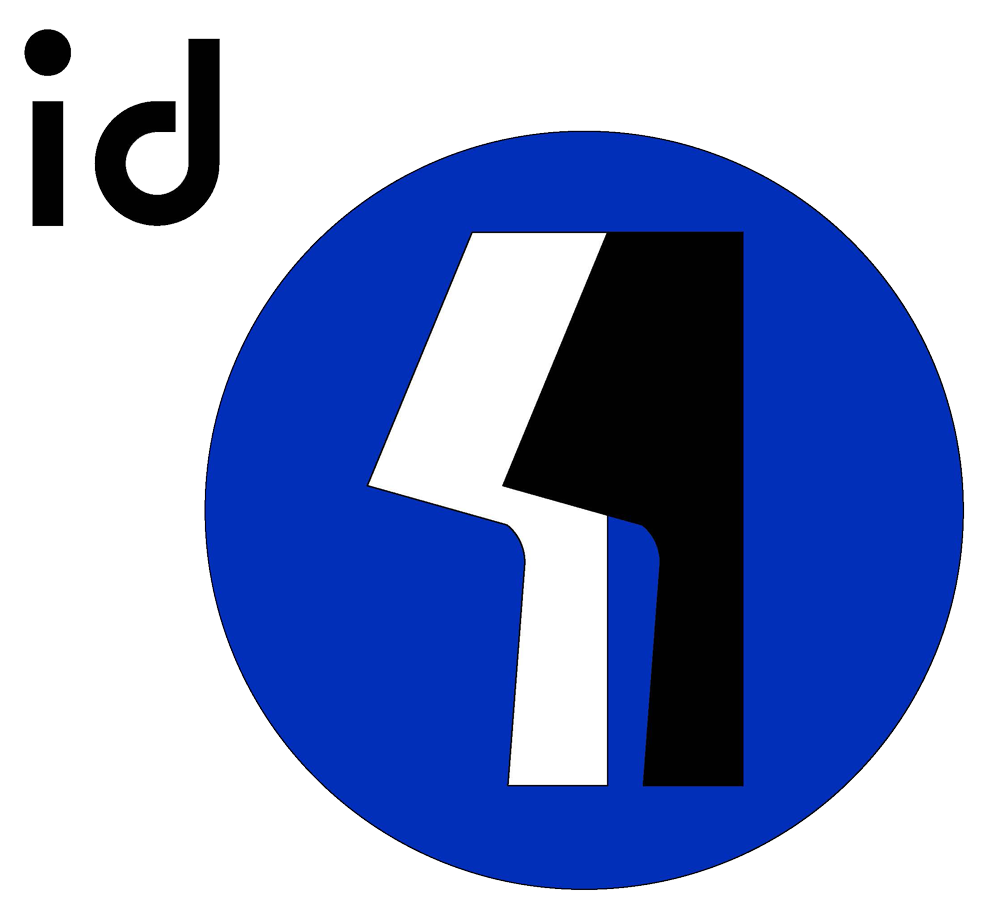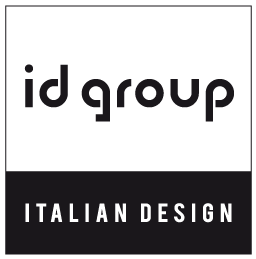Effective procurement management is critical to the success of any construction project. A well-designed management system not only facilitates cooperation and coordination between the developer and the companies involved, but also improves the transparency, efficiency and quality of the project.
How to design a procurement management system that promotes effective collaboration and optimal coordination?
1. Clear definition of objectives and requirements
The first step in designing a procurement management system is to clearly define the project objectives and specific requirements. This includes determining the needs of the client, the technical specifications of the project, the delivery schedule, and the available budget. Clear communication of these issues from the outset facilitates a common understanding and reduces the risk of future misunderstandings.
2. Selection of partners and enterprises
Careful selection of companies and partners is crucial. It is important to assess not only the technical skills and experience of companies, but also their ability to cooperate effectively. A transparent selection process based on objective criteria increases trust between the parties and contributes to better cooperation.
3. Use of advanced technologies
With new regulations coming into effect, the use of Building Information Modeling (BIM) has become mandatory for public agency projects. BIM enables the creation of a complete digital representation of the project, facilitating collaboration and information sharing among all parties involved. This advanced tool enables accurate visualization of the project, improving communication and reducing errors. In addition, the use of cloud-based project management platforms enables real-time access to data and continuous collaboration, regardless of the geographical location of the parties.

4. Clear and detailed contracts
A well-drafted contract is essential to ensure that all parties understand their roles, responsibilities and obligations. Contracts should include details on payment terms, deadlines, quality standards, and dispute resolution procedures. Contractual clarity reduces conflict and promotes smoother collaboration.
5. Continuous monitoring and control
Continuous monitoring of project progress and quality control are essential to ensure that standards and deadlines are met. The implementation of a performance management system allows for constant evaluation of project status and timely corrections if necessary. Regular update meetings between the developer and the companies help keep goals aligned and any problems quickly resolved.
6. Feedback and continuous improvement
An effective procurement management system should include mechanisms for continuous feedback and process improvement. Gathering and analyzing feedback from the various parties involved makes it possible to identify areas for improvement and implement changes that will increase the efficiency and quality of future projects.
The results you can get
Designing a procurement management system that facilitates cooperation and coordination between the client and contractors is essential to the success of construction projects. Clearly defining goals, carefully selecting partners, using advanced technologies such as BIM, drafting clear contracts, constantly monitoring progress, and gathering feedback are all practices that contribute to effective procurement management. Investing in these aspects can lead to more efficient, high-quality projects completed on time and on budget.
For more information or to discuss how we can support your construction projects with advanced contract management solutions, please do not hesitate to contact our Id 11 experts.





